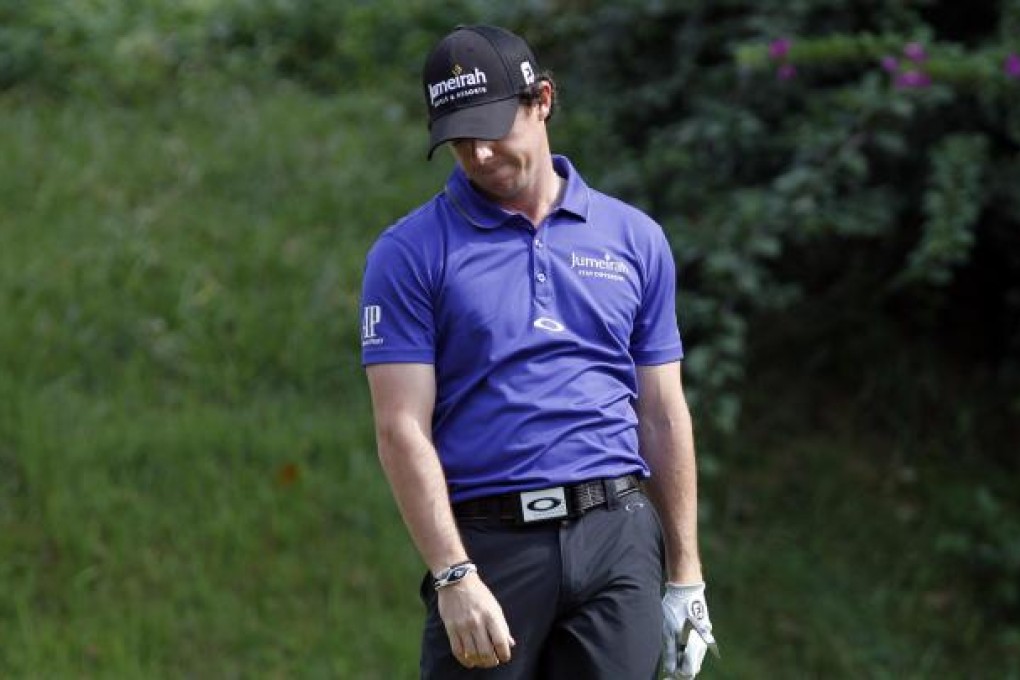
The Environmental Protection Department's dogged intention to locate a massive off-shore waste incinerator on Shek Kwu Chau marked a low point in governance.
The decision was made for the wrong reasons, when there were more cost-effective and environmentally viable alternatives available.
It is evident the government has been weak-kneed when facing opposition from vested interests, but has been willing to frustrate public opinion on this matter to such a degree that the director of environmental protection lost credibility with the community.
As a result, a Cheung Chau resident brought a judicial review against this ill-advised HK$23 billion project. He is to be commended.
Chief Secretary Carrie Lam Cheng Yuet-ngor claims that the first four months of government under Chief Executive Leung Chun-ying have been productive, but also remarks that governance has become difficult ("Lam claims productive first four months" November 15).
That is not surprising when officials continually make decisions that are obviously against the wishes of the majority of citizens, and public consultations are a sham.